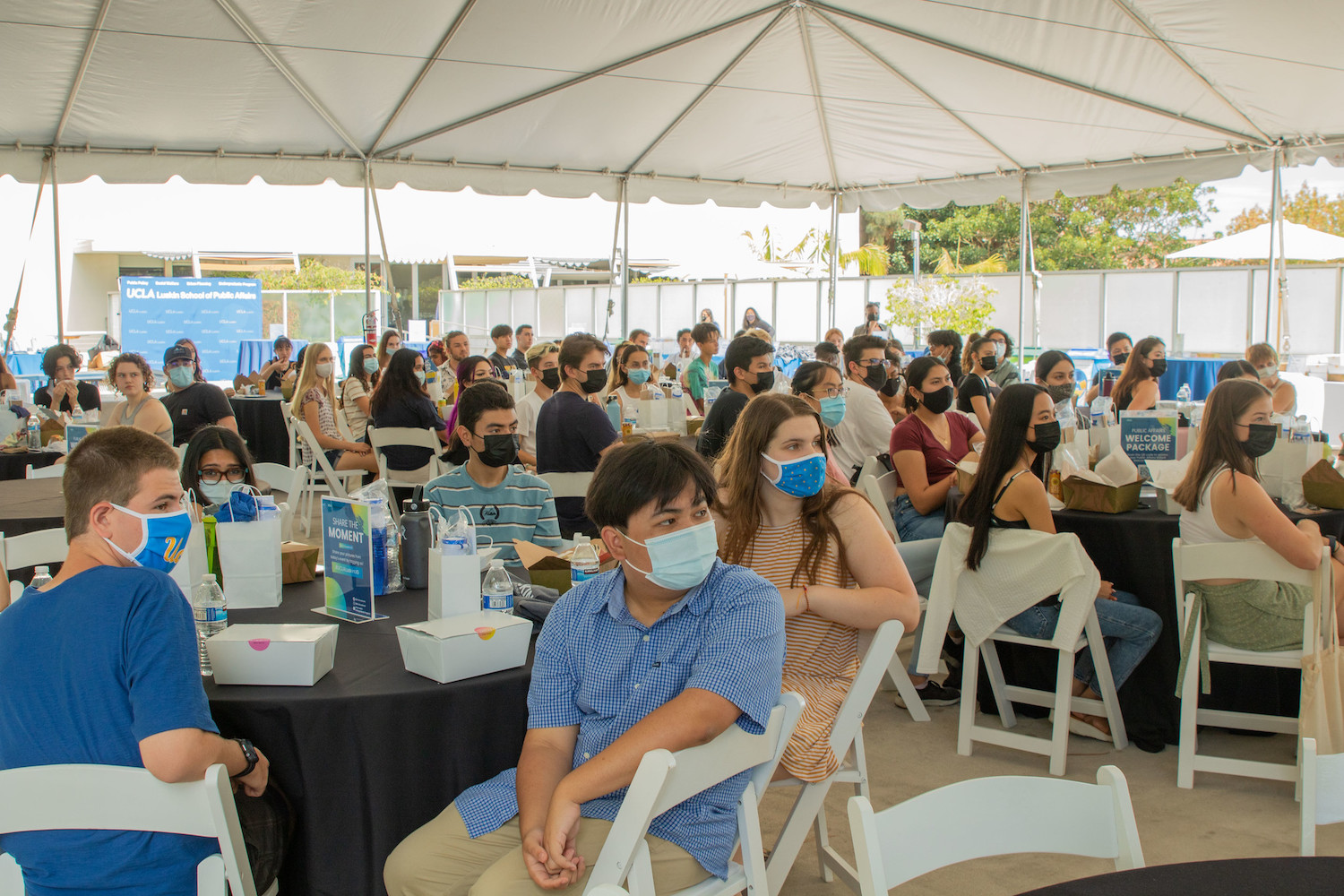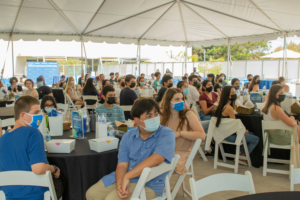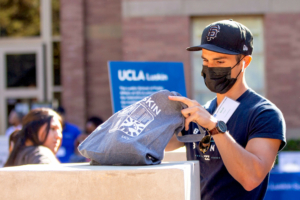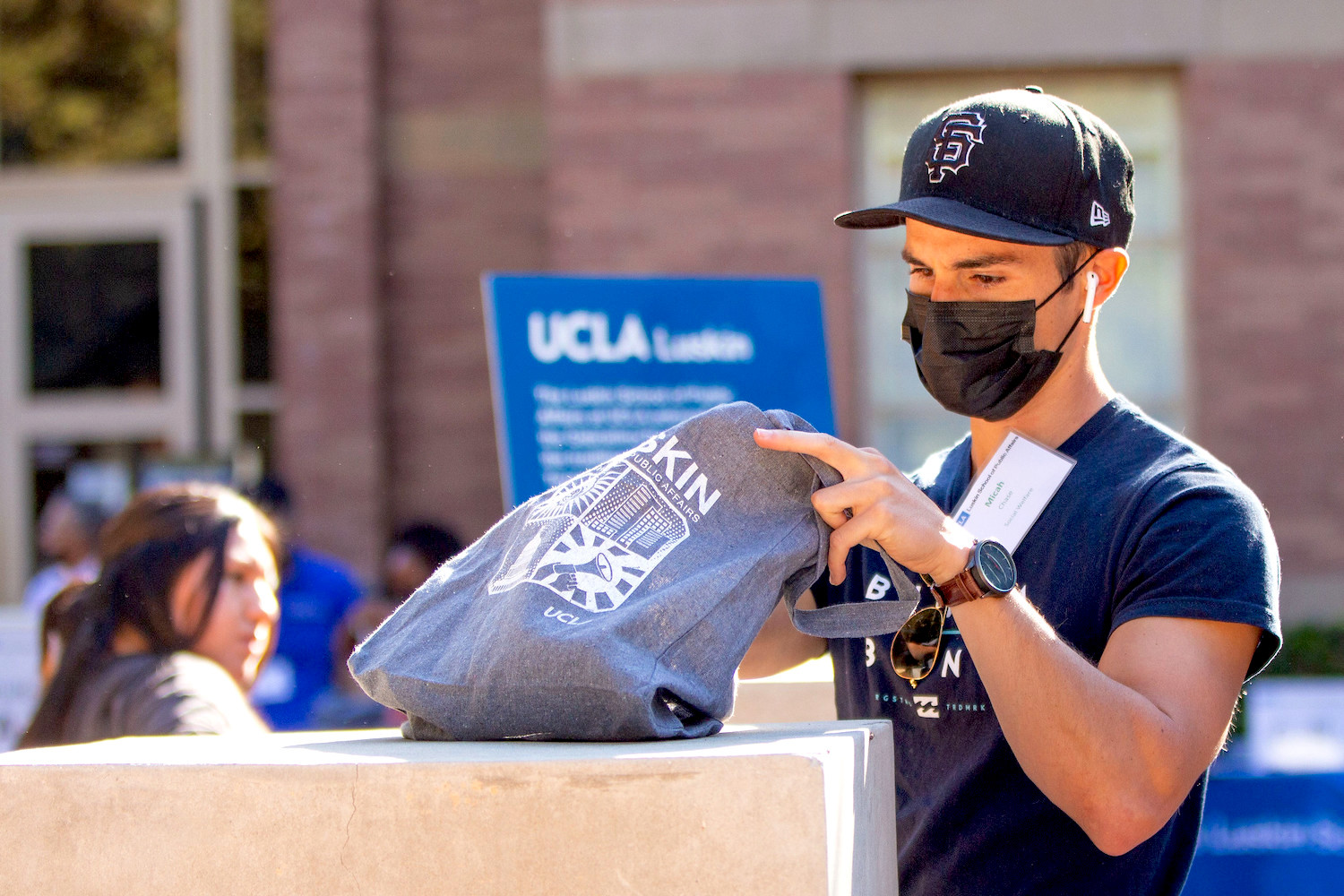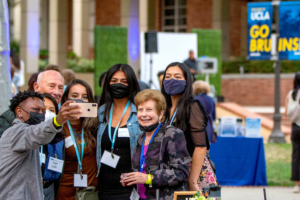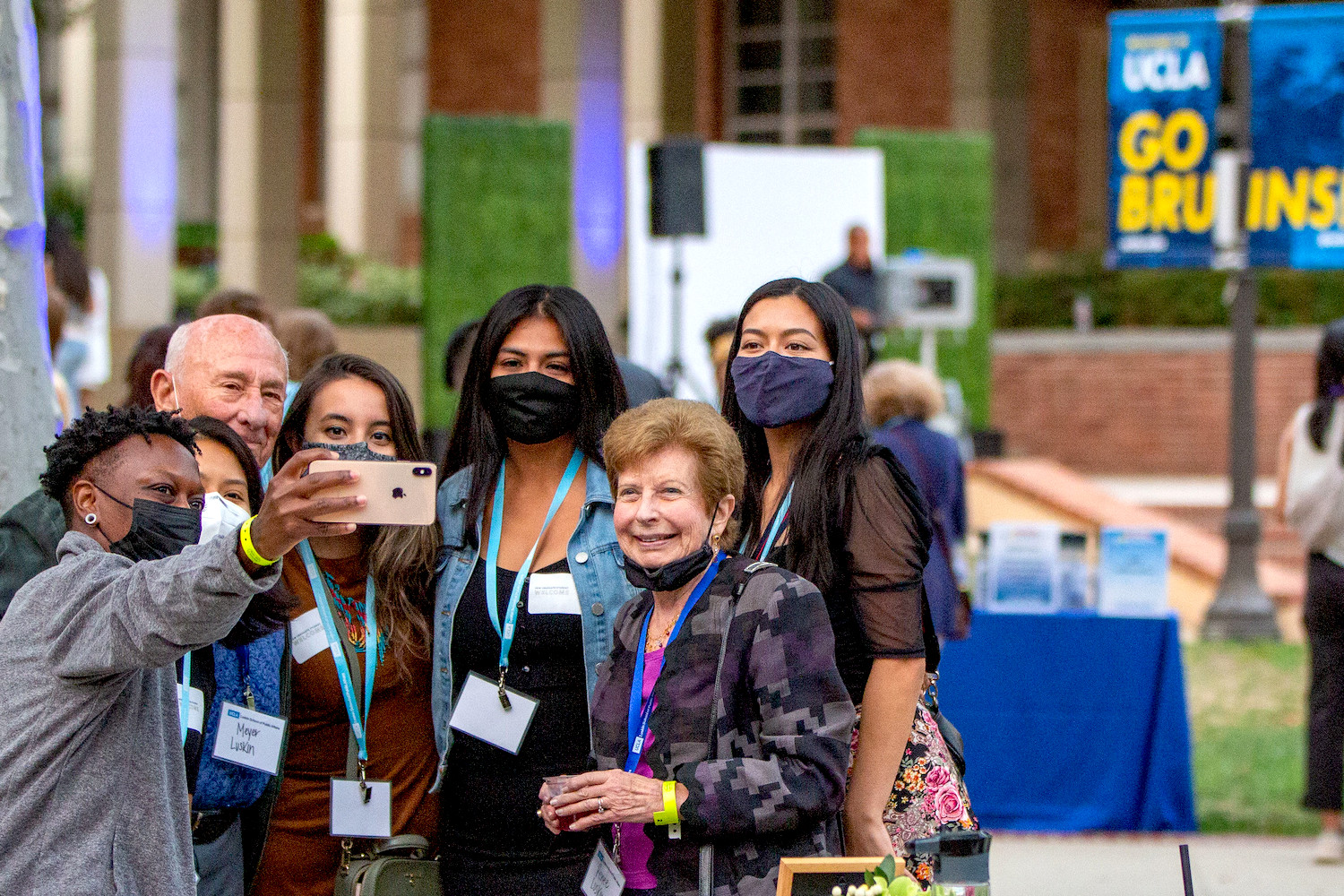Gilens, Ong on Forces Undermining a Just Economic Recovery
UCLA Luskin’s Martin Gilens and Paul Ong shared insights on economic and political inequality and opportunity as part of a panel organized by the UCLA Anderson Forecast, a quarterly report that frames the economic outlook for California and the nation. Released Sept. 29, the latest report identified a shift from earlier forecasts, which had raised hopes for a blockbuster recovery as COVID-19 vaccines became widely available. Heading into the final quarter of 2021, these hopes have been tempered by the spread of the Delta variant and stagnating vaccination rates, which in turn have led to consumer caution. A panel of experts hosted by the Anderson Forecast brought context to these findings, with a focus on how income is distributed unevenly across the United States. Gilens, chair of UCLA Luskin Public Policy, said political and economic inequality are intertwined, resulting in policies that cater to moneyed interests. “Taming the role of money in American politics won’t be easy, especially with an unsympathetic Supreme Court, and … won’t by itself fix everything that ails our democracy,” Gilens said. “But it’s hard to see how we can fix American democracy without reducing the dominance of money in our politics.” Ong, director of UCLA’s Center for Neighborhood Knowledge, focused on race and ethnicity as factors in the job, food, housing and educational insecurity that persists across generations. “I would encourage my colleagues to think much more explicitly about the fundamentals of why race and racism exist within an economy,” he said. “Simply saying that everybody should have equal opportunity doesn’t make it so.”
View the Anderson Forecast presentation, including a keynote address by Mary C. Daly, president of the Federal Reserve Bank of San Francisco.
